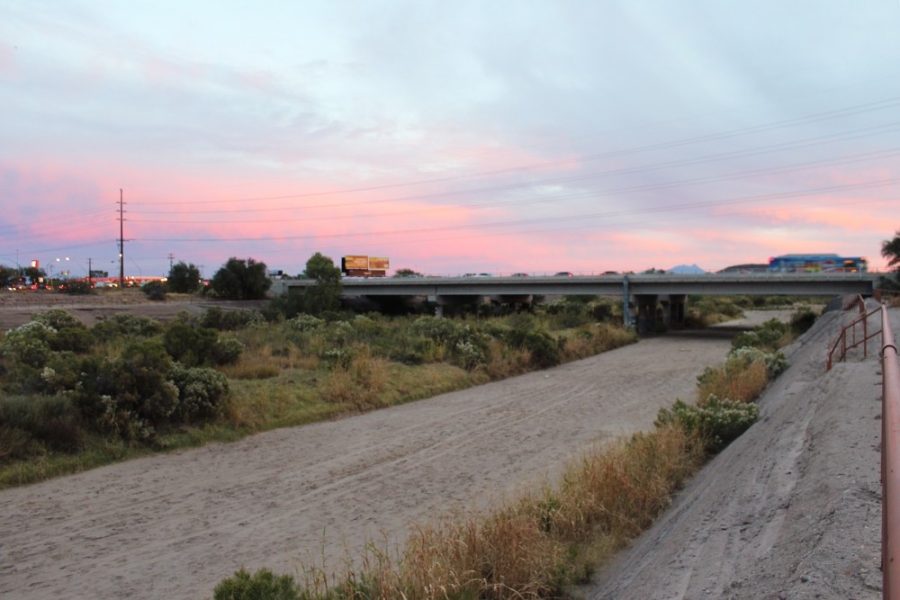Discussion of equity in water policy took center stage during the “Water Sustainability Challenges for the Americas and Role of Science Diplomacy” panel on the third day of the Science Diplomacy and Policy with Focus on the Americas conference in Tucson from Wednesday, Feb. 22, through Friday, Feb. 24.
The conference was meant to provide a forum for discussion and new ideas on the role of science diplomacy—a field the conference website defines as “the use of scientific collaborations among nations to address common problems and to build constructive international partnerships.”

Helen Ingram, professor emeritus in planning, policy, design and political science at the University of California, Irvine, was one of three panelists. She focused her talk on the importance of equity in water governance. William Logan, deputy director for the International Center for Integrated Water Resources Management with the U.S. Army Corps of Engineers, and Francisco Zamora, director for the Sonoran Institute’s Colorado River Delta program, were also panelists.
RELATED: UA grad student researches impacts of drought on rural California
In her speech, Ingram said although we understand the hard science behind water issues, we still don’t know much about how to effectively govern water.
In a paper titled “Knowing Equity When We See It: Water Equity in Contemporary Global Contexts,” Ingram and Margaret Wilder, the paper’s co-author and an associate professor in UA’s School of Geography and Development, got to the heart of some of those water governance problems.
They found that many of the current water governance structures put priority on efficiency rather than equity. “The conclusion to our paper is that a greater commitment to equity has got to be at the heart of any kind of government changes,” Ingram said.
Ingram noted that prices are one of the starkest inequities in water policy.
“Some people [spend] a third of their income, pittance though it may be, on water, while others flagrantly use hundreds of gallons of water a day watering their lawns,” Ingram said. “It’s an old idea that water flows uphill toward money, and it seems to me that embedded in many water institutions are long-term advantages for some and not many.”
After Ingram’s talk, Elsa Abs, a French doctoral student in applied math, asked what can be done to ensure that the new generation of engineers and scientists understand that equity is just as important as efficiency when it comes to water governance.
Ingram responded that it’s important for engineering and science departments to require classes in policy, social science, philosophy of science, environmental ethics and equity.
She stressed that anyone doing doctoral research needs to be sure that it addresses relevant questions and has real-world applications.
That idea caught Abs’ attention. “I love doing science and I love the quest for truth, but even in a field like environmental science or ecology, it still feels like its not connected to reality,” Abs said. “As a white, educated person, I had the luxury to have a certain kind of power that I want to use in a thoughtful way.”
RELATED: UA Earth scientists answer questions about an ancient, green Sahara
Fernanda Valdovinos , a postdoctoral researcher in UA’s Ecology and Evolutionary Biology department, said that Ingram’s talk on water equity was one of her favorites of the conference. She said the culture of efficiency in science has sometimes made her question whether she wanted to stay in the field. “Talking about equity will build that bridge between dreams and trying to contribute to the world and our expertise,” Valdovinos said.
Toward the end of her speech, Ingram focused on the connection between water and place. “Water cannot be divorced from its natural setting,” Ingram said. “This is the view of science. Water and place belong together.”
She said that water is too important to be left up to experts. In order to be equitable, Ingram argued, decisions about water need to be made with all stakeholders at the table.
Follow Michaela Webb on Twitter.









